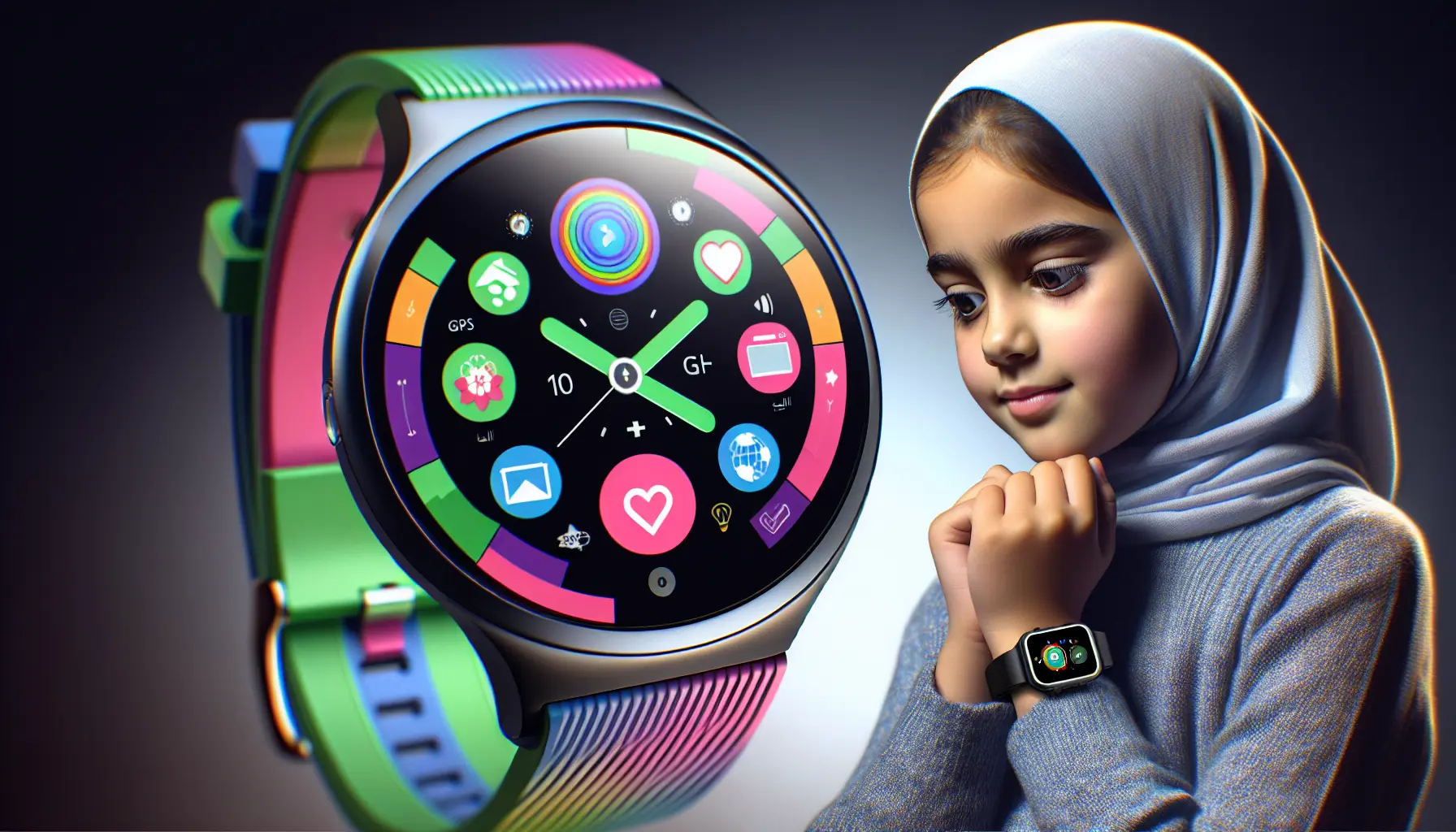
Wearable Tech for Kids: Enhancing Safety and Connectivity
Estimated reading time: 5 minutes
Key Takeaways
- Growing Market: The kids' wearable tech market surpassed $1.5 billion in 2023, indicating increasing trust from parents.
- Safety Features: Modern wearables offer real-time GPS tracking, SOS buttons, and customizable safety zones.
- Communication Controls: Parents can manage their child's communications through whitelists and monitored messaging.
- Health Monitoring: Devices encourage healthy habits by tracking activity, sleep patterns, and more.
- Privacy Matters: Evaluating security features like data encryption is essential when selecting a device.
Table of Contents
- Introduction
- The Rise of Child-Focused Wearable Technology
- Understanding Modern Kids' Wearables
- Essential Features That Matter
- Safety Features That Give Parents Peace of Mind
- Communication Controls
- Health and Activity Monitoring
- Privacy and Security Considerations
- Selecting the Right Device
- Setting Up for Success
- Future Developments
- Making the Most of Your Child's Wearable
- Conclusion
- Frequently Asked Questions
Introduction
In today's digital age, parents are turning to innovative solutions to ensure their children's safety while promoting independence. Wearable technology for kids has emerged as a powerful tool, blending functionality with fun designs that appeal to young users.
The Rise of Child-Focused Wearable Technology
Parents seeking innovative ways to keep their children safe while fostering independence have sparked a significant shift in the wearable technology market. Smart devices specifically engineered for kids combine essential safety features with engaging designs. The global market for kids' GPS trackers and wearables surpassed $1.5 billion in 2023, highlighting the growing trust parents place in these devices.
Understanding Modern Kids' Wearables
Today's wearable technology for children goes far beyond simple tracking devices. These sophisticated gadgets integrate multiple functions while maintaining user-friendly interfaces that children can easily navigate. From GPS-enabled smartwatches to activity trackers, each device serves specific needs while prioritizing safety and engagement.
Essential Features That Matter
- Real-time GPS tracking with customizable safety zones
- Two-way communication with pre-approved contacts
- Activity monitoring and fitness tracking
- Emergency SOS buttons for immediate assistance
- Durable, water-resistant construction
According to Meegle's insights on wearable tech for child safety, these features are crucial for modern devices.
Safety Features That Give Parents Peace of Mind
Modern kids' smartwatches incorporate sophisticated safety mechanisms that help parents maintain awareness of their child's location and activities. The GPS tracking functionality allows parents to create virtual boundaries, receiving instant notifications if their child leaves designated safe zones.
Communication Controls
Parents can manage their child's communications through:
- Whitelisted contact lists
- Monitored messaging systems
- Scheduled do-not-disturb periods
- Voice message capabilities
For more details, check out the Smartphone Buying Guide 2025 and the report on the global kids' GPS trackers and wearables market.
Health and Activity Monitoring
Children's wearables now include features that encourage physical activity and healthy habits. These devices track:
- Daily step counts and activity levels
- Sleep patterns and quality
- Heart rate during exercise
- Achievement goals and rewards
Privacy and Security Considerations
While wearable tech offers numerous benefits, parents should carefully evaluate security features before purchasing. Key security aspects include:
- Data encryption standards
- Privacy policy transparency
- Regular security updates
- Parental control options
Learn more about cybersecurity strategies from TrendFlo's guide on cybersecurity threats 2025 and discover the best cybersecurity tools. Additionally, be aware of the safety hazards of kids' wearables.
Selecting the Right Device
When choosing a wearable device for your child, consider:
Age-Appropriate Features
- Younger children: Simple interfaces with basic tracking
- Older children: Additional features like messaging and activity tracking
- Teens: More sophisticated functionality with controlled social features
Technical Specifications
- Battery life (minimum 24-hour operation)
- Network coverage in your area
- Water resistance rating
- Screen durability
Setting Up for Success
Proper device setup ensures optimal performance and security:
- Create strong passwords and update them regularly
- Configure emergency contacts
- Set up location alerts and safe zones
- Test all features before giving to your child
Future Developments
The future of children's wearable technology points toward enhanced capabilities:
- Advanced health monitoring systems
- Improved battery technology
- Enhanced security protocols
- Integration with educational platforms
Explore the examples of AI in daily life and understand the differences between AI and ML. For market insights, refer back to the global kids' GPS trackers and wearables market report.
Making the Most of Your Child's Wearable
To maximize the benefits of wearable technology:
- Regularly review device settings and updates
- Discuss safety features with your child
- Set clear guidelines for device use
- Monitor battery levels and charging routines
Remember to balance technology use with offline activities and maintain open communication with your child about device usage and safety practices.
Conclusion
By carefully selecting and properly utilizing wearable technology, parents can enhance their children's safety while promoting independence and healthy habits. As these devices continue to evolve, they'll offer even more sophisticated tools for keeping children connected and protected in an increasingly digital world.
For more information, visit Meegle's insights on wearable tech for child safety.
Frequently Asked Questions
Are kids' wearable devices secure?
Many devices come with robust security features like data encryption and parental controls. However, it's important to research and select devices with strong privacy policies and regular security updates.
What age is appropriate for a child to have a wearable device?
Wearable devices are available for various age groups. Simpler devices are suitable for younger children, while older kids and teens may benefit from more advanced features.
Can I track my child's location in real-time?
Yes, many wearables offer real-time GPS tracking, allowing parents to monitor their child's whereabouts and set up geofencing alerts.
How do wearable devices encourage physical activity?
Wearables track steps, active minutes, and other fitness metrics. They often include games and reward systems to motivate kids to stay active.
What should I do if the device malfunctions?
If a device malfunctions, consult the manufacturer's troubleshooting guide or contact customer support for assistance. Regular maintenance can prevent many common issues.









